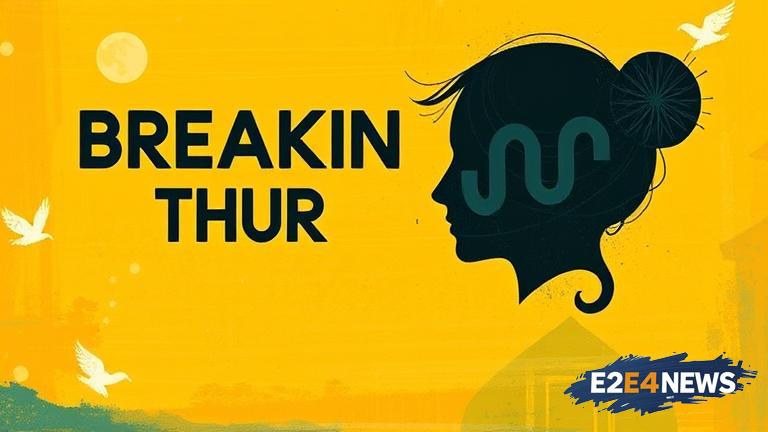Mental health has become an increasingly important topic in recent years, with many people struggling with issues such as anxiety, depression, and trauma. In Malta, a new campaign has been launched to encourage people to talk openly about their mental health and to reduce the stigma surrounding the topic. The campaign, called ‘Let’s Talk’, aims to provide a platform for people to share their experiences and to raise awareness about the importance of mental health. According to the World Health Organization, mental health issues affect one in four people at some point in their lives, making it a major public health concern. The ‘Let’s Talk’ campaign is being led by a team of mental health professionals and advocates, who are working to create a safe and supportive environment for people to discuss their mental health. The campaign includes a series of events and activities, such as workshops, support groups, and social media campaigns, all designed to encourage people to talk openly about their mental health. One of the key goals of the campaign is to reduce the stigma surrounding mental health issues, which can often prevent people from seeking help. By encouraging people to talk openly about their experiences, the campaign hopes to create a culture of understanding and support. The campaign is also working to provide resources and support for people who are struggling with mental health issues, including access to counseling and therapy. In addition to the events and activities, the campaign is also using social media to raise awareness and to provide a platform for people to share their stories. The campaign’s social media channels are filled with personal stories and experiences, as well as information and resources about mental health. The ‘Let’s Talk’ campaign is not just about raising awareness, but also about taking action to improve mental health services in Malta. The campaign is working with policymakers and healthcare professionals to advocate for better mental health services and to ensure that people have access to the support they need. The campaign is also partnering with local businesses and organizations to provide mental health resources and support in the workplace. By working together, the campaign hopes to create a society that is supportive and understanding of mental health issues. The ‘Let’s Talk’ campaign is an important step towards breaking the silence surrounding mental health in Malta. By encouraging people to talk openly about their experiences, the campaign is helping to reduce stigma and to create a culture of understanding and support. The campaign is also providing a platform for people to share their stories and to access resources and support. As the campaign continues to grow and evolve, it is likely to have a significant impact on mental health in Malta. The campaign’s message is simple: mental health matters, and it’s time to talk about it. By talking openly about mental health, we can work to reduce stigma and to create a society that is supportive and understanding. The ‘Let’s Talk’ campaign is a call to action, encouraging people to get involved and to make a difference in their community. Whether it’s sharing a personal story, attending an event, or simply listening to someone who needs to talk, everyone can play a role in breaking the silence surrounding mental health. The campaign is a reminder that mental health is everyone’s responsibility, and that by working together, we can create a healthier and more supportive society. In conclusion, the ‘Let’s Talk’ campaign is an important initiative that is helping to raise awareness and to reduce stigma around mental health in Malta. By encouraging people to talk openly about their experiences, the campaign is creating a culture of understanding and support, and is providing a platform for people to access resources and support. As the campaign continues to grow and evolve, it is likely to have a significant impact on mental health in Malta, and to inspire others to take action to improve mental health services in their own communities.
